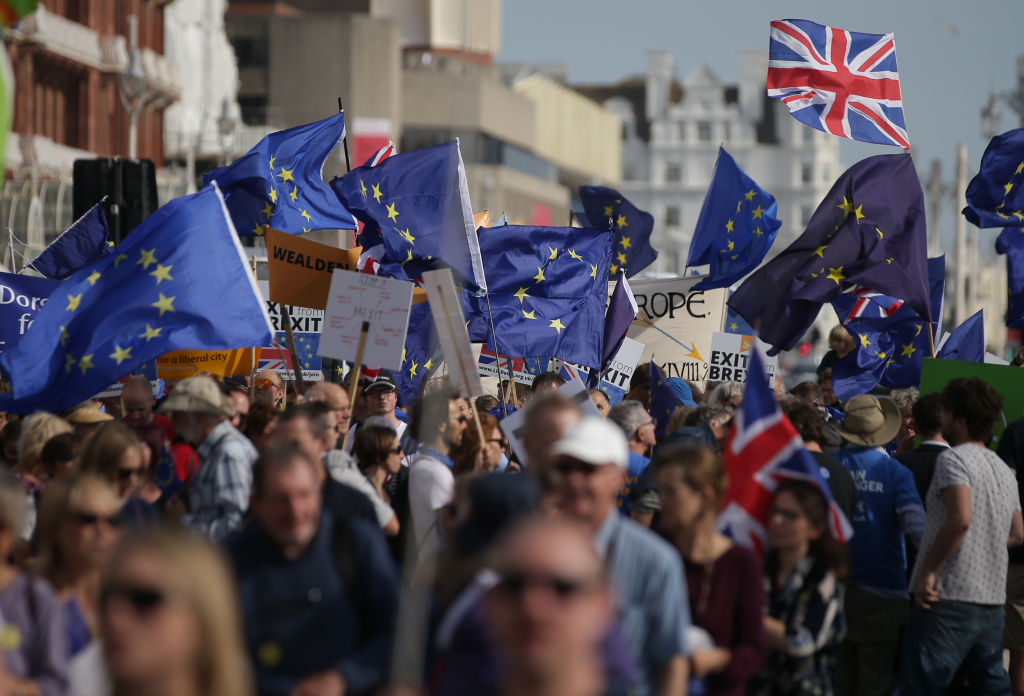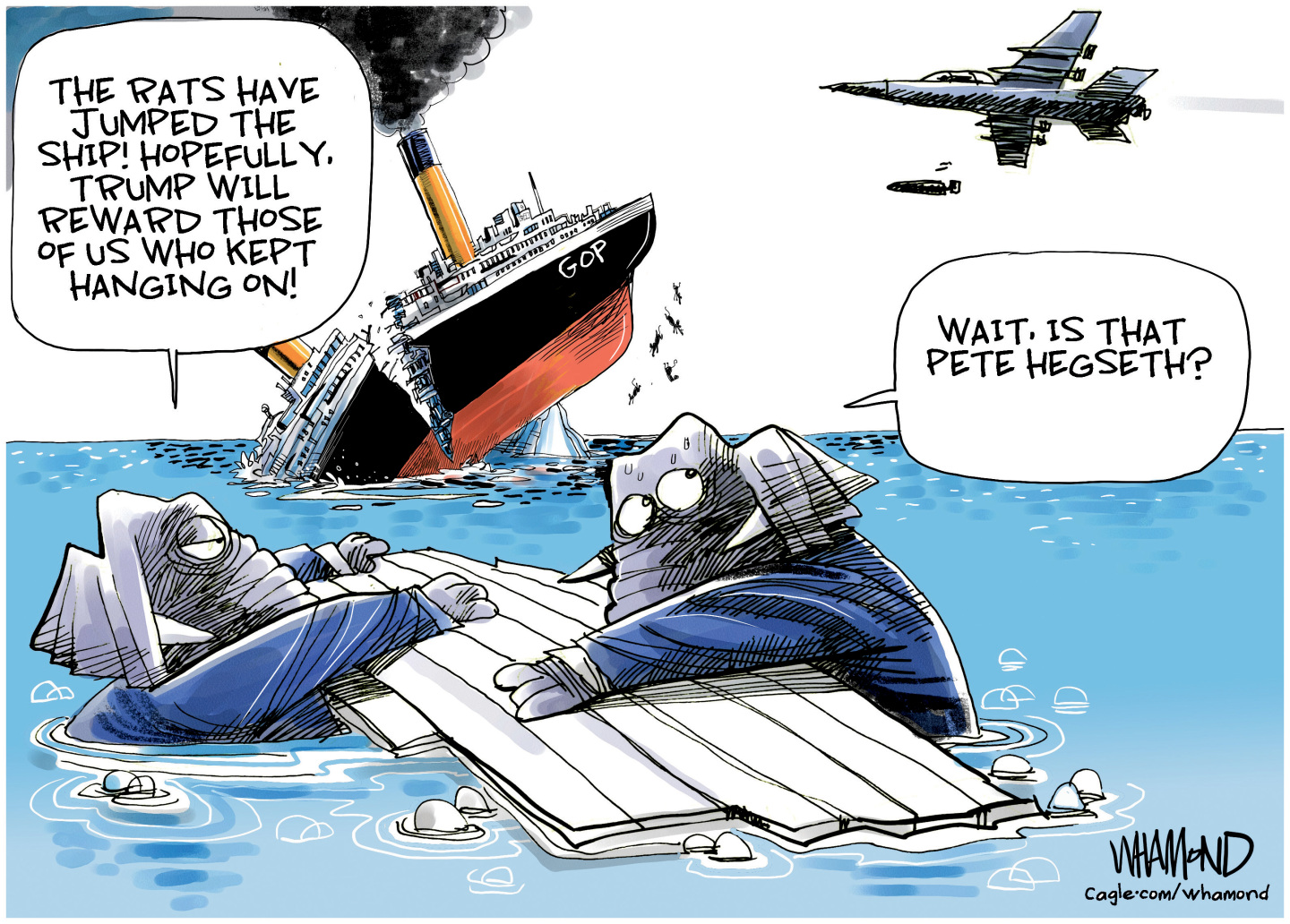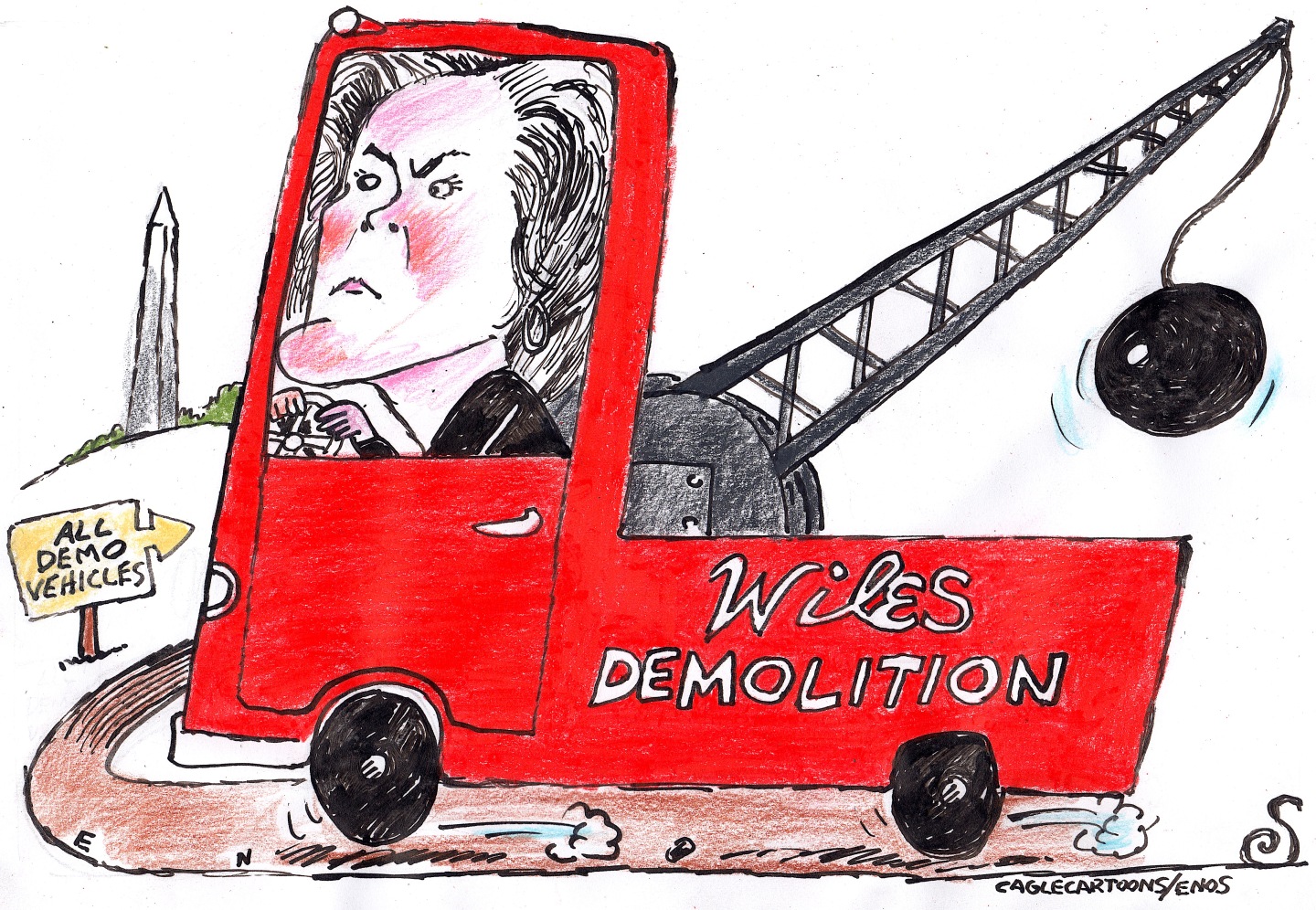Facebook carefully denies rumors that Russia spread Brexit propaganda


Late Monday, Facebook pushed back against rumors that its platform was exploited by Russian operatives trying to influence last year's Brexit vote. The company told BuzzFeed News in a delicate statement that it had not seen "significant coordination" between Russia-linked accounts, whether with "ad buys or political misinformation targeting Brexit voters." The denial came just hours before British Prime Minister Theresa May accused Russia of meddling in elections and "planting fake stories."
Damian Collins, the head of the U.K. House of Commons' digital media and culture committee, has written to Facebook, Twitter, and Google asking for information in regards to Russian-linked accounts that may have spread misinformation or propaganda about Brexit. Facebook CEO Mark Zuckerberg has yet to respond to Collins' inquiry, and the company offered only Monday's statement.
Days after the 2016 U.S. presidential election, Zuckerberg said the idea that fake news on Facebook affected the election was "pretty crazy," adding that it was not empathetic to assume "that the only reason someone could have voted the way they did is because they saw fake news." Zuckerberg has since had to walk back that statement, after it came out last month that 126 million users — about 40 percent of the U.S. population — were exposed to fake news on Facebook during the 2016 election.
The Week
Escape your echo chamber. Get the facts behind the news, plus analysis from multiple perspectives.

Sign up for The Week's Free Newsletters
From our morning news briefing to a weekly Good News Newsletter, get the best of The Week delivered directly to your inbox.
From our morning news briefing to a weekly Good News Newsletter, get the best of The Week delivered directly to your inbox.
Additionally, Twitter has faced its own Russia allegations: Last Friday, Wired published "a small snapshot" of cached Twitter posts from 29 different Russian-linked accounts in 2016 that spread provocative pro- and anti-Brexit propaganda to more than 260,000 people.
A free daily email with the biggest news stories of the day – and the best features from TheWeek.com
Kelly O'Meara Morales is a staff writer at The Week. He graduated from Sarah Lawrence College and studied Middle Eastern history and nonfiction writing amongst other esoteric subjects. When not compulsively checking Twitter, he writes and records music, subsists on tacos, and watches basketball.
-
 Political cartoons for December 20
Political cartoons for December 20Cartoons Saturday’s political cartoons include drowning rats, the ACA, and more
-
 5 fairly vain cartoons about Vanity Fair’s interviews with Susie Wiles
5 fairly vain cartoons about Vanity Fair’s interviews with Susie WilesCartoon Artists take on demolition derby, alcoholic personality, and more
-
 Joanna Trollope: novelist who had a No. 1 bestseller with The Rector’s Wife
Joanna Trollope: novelist who had a No. 1 bestseller with The Rector’s WifeIn the Spotlight Trollope found fame with intelligent novels about the dramas and dilemmas of modern women
-
 TikTok secures deal to remain in US
TikTok secures deal to remain in USSpeed Read ByteDance will form a US version of the popular video-sharing platform
-
 Unemployment rate ticks up amid fall job losses
Unemployment rate ticks up amid fall job lossesSpeed Read Data released by the Commerce Department indicates ‘one of the weakest American labor markets in years’
-
 US mints final penny after 232-year run
US mints final penny after 232-year runSpeed Read Production of the one-cent coin has ended
-
 Warner Bros. explores sale amid Paramount bids
Warner Bros. explores sale amid Paramount bidsSpeed Read The media giant, home to HBO and DC Studios, has received interest from multiple buying parties
-
 Gold tops $4K per ounce, signaling financial unease
Gold tops $4K per ounce, signaling financial uneaseSpeed Read Investors are worried about President Donald Trump’s trade war
-
 Electronic Arts to go private in record $55B deal
Electronic Arts to go private in record $55B dealspeed read The video game giant is behind ‘The Sims’ and ‘Madden NFL’
-
 New York court tosses Trump's $500M fraud fine
New York court tosses Trump's $500M fraud fineSpeed Read A divided appeals court threw out a hefty penalty against President Trump for fraudulently inflating his wealth
-
 Trump said to seek government stake in Intel
Trump said to seek government stake in IntelSpeed Read The president and Intel CEO Lip-Bu Tan reportedly discussed the proposal at a recent meeting
